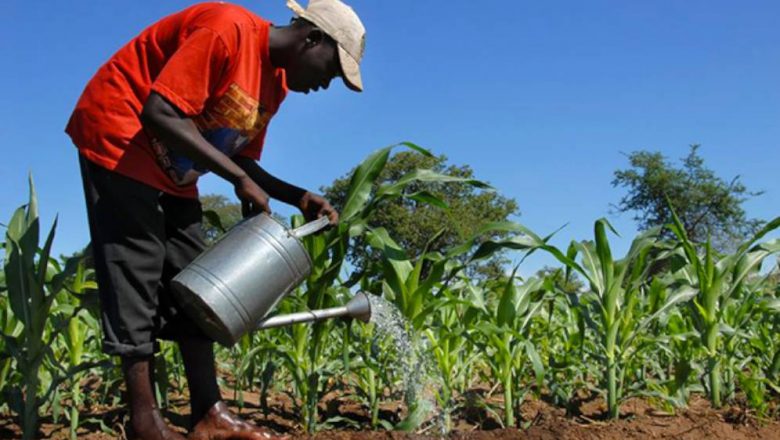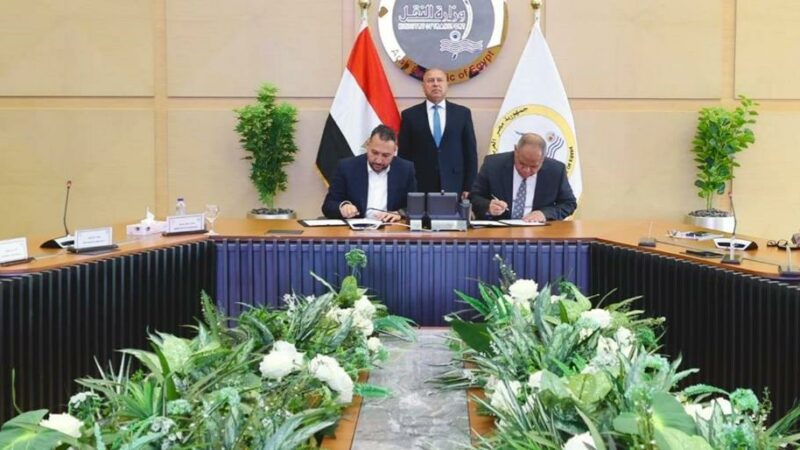Digital Trade: Congo and UNECA Explore Innovative Approaches to Transform Agricultural Value Chains

Between 2019 and 2023, the number of people facing food insecurity in sub-Saharan Africa rose from 258 million to 358 million—a 39% increase—while other regions experienced a decline. Achieving the African Union’s goal of eradicating hunger by 2025, as well as the global Zero Hunger target by 2030, remains a major challenge for the continent.
In the Republic of Congo, despite the government’s ongoing efforts to improve national food production and distribution, only 4% of arable land is currently cultivated. Access to food is still hindered by inadequate infrastructure and significant supply-demand imbalances, leaving around 455,000 people facing food and nutritional insecurity.
To address these challenges, the United Nations Economic Commission for Africa (UNECA), through its subregional offices for East and Central Africa, conducted a fact-finding mission in collaboration with the Ministry of Trade. Held from 30 June to 4 July 2025 in Brazzaville and Pointe-Noire, the mission aimed to explore how e-commerce and digital tools could accelerate food trade and improve access—especially for vulnerable populations—while strengthening national and regional agricultural value chains.
This initiative falls under UNECA’s flagship programme: “Innovative Digital Trade under the AfCFTA to Promote Food Security and Agricultural Value Chains in Africa.”
Strengthening E-Commerce for Agricultural Development
During the mission, UNECA engaged with nearly 200 stakeholders, including three ministers: the Minister of Trade, Supplies and Consumer Affairs; the Minister of Agriculture; and the Minister of Small and Medium Enterprises, Handicrafts, and the Informal Sector. Senior officials from the Ministries of Agriculture, Telecommunications, and the Digital Economy also participated, alongside representatives from MTN, Airtel, the Electronic Communications Regulatory Agency, the Congolese Agency for Quality and Standardization, commercial banks, agribusinesses, and development partners such as the UN Resident Coordinator’s Office, FAO, and WFP.
The mission focused on assessing how digital trade can support national food development strategies and how e-commerce for food products can be expanded to enhance food security and agricultural value chains.
“If current trends continue, Africa is unlikely to meet Sustainable Development Goal 2 – Zero Hunger – by 2030,” said Simone Assah Kuete, Economic Affairs Officer at UNECA’s Office for Eastern Africa.
“Food products are highly perishable and require specialized infrastructure for handling, storage, and distribution. Without reliable cold chains and efficient logistics, maintaining food quality from farm to table becomes nearly impossible.”
She noted that in 2023, 20% of the population in sub-Saharan Africa suffered from severe malnutrition—an alarming figure compared to 8.1% in Asia, 7.3% in Oceania, and 6.2% in Latin America. Moreover, between 2019 and 2023, the number of food-insecure people in sub-Saharan Africa increased by 39%, while other regions saw a decline. “In this context, leveraging digital tools to reduce market information asymmetries and strengthen food systems is no longer optional—it’s an urgent imperative,” she added.
National Commitment to E-Commerce Reform
Lenda Sitou Milandou, Special Adviser to the Ministry of Trade, welcomed the mission and the strong collaboration that ensured its success.
“Food security remains a top priority in our national development agenda,” she stated. “To achieve it, we must develop solid legal, regulatory, and institutional frameworks that promote the growth of e-commerce in the food sector.”
Key Findings and Next Steps
The mission identified high-demand domestic food products and assessed the current use of e-commerce platforms in the Republic of Congo. It also explored ways to enhance digital payment systems—which remain limited—through partnerships with commercial banks and mobile network operators.
The dialogue highlighted major challenges in food production and trade, policy gaps, infrastructure and capacity needs, and the potential role of digital intermediaries in improving food systems.
This initiative marks a crucial step toward aligning e-commerce strategies with agricultural transformation in the Republic of Congo. It reflects UNECA’s ongoing commitment to supporting African states in harnessing innovation for inclusive and sustainable growth.





